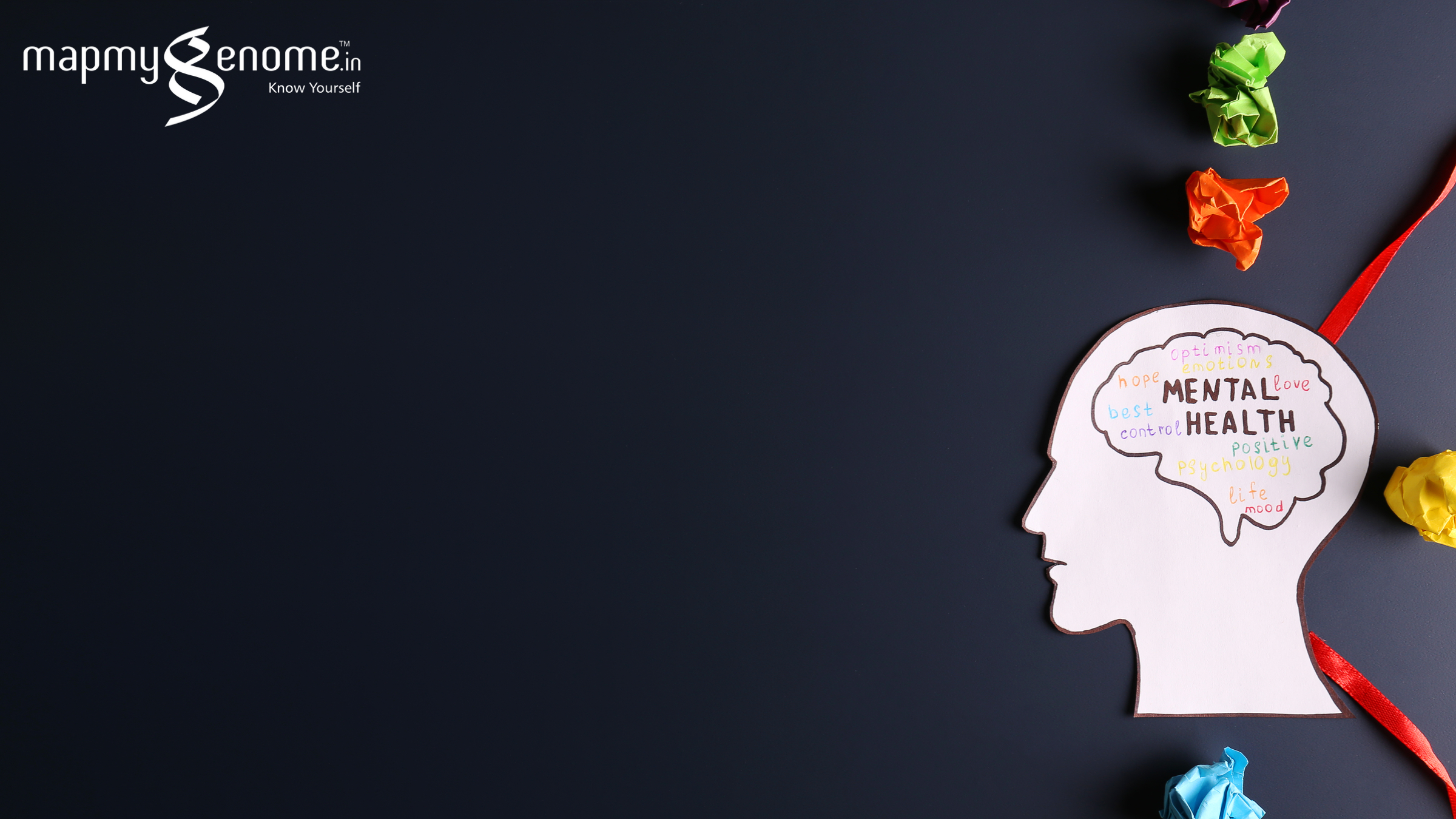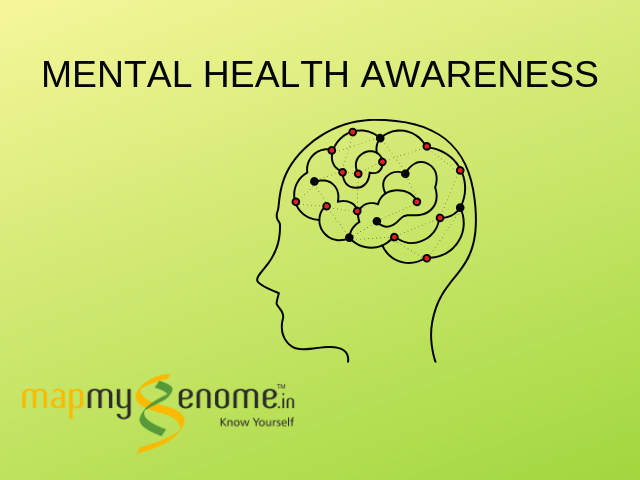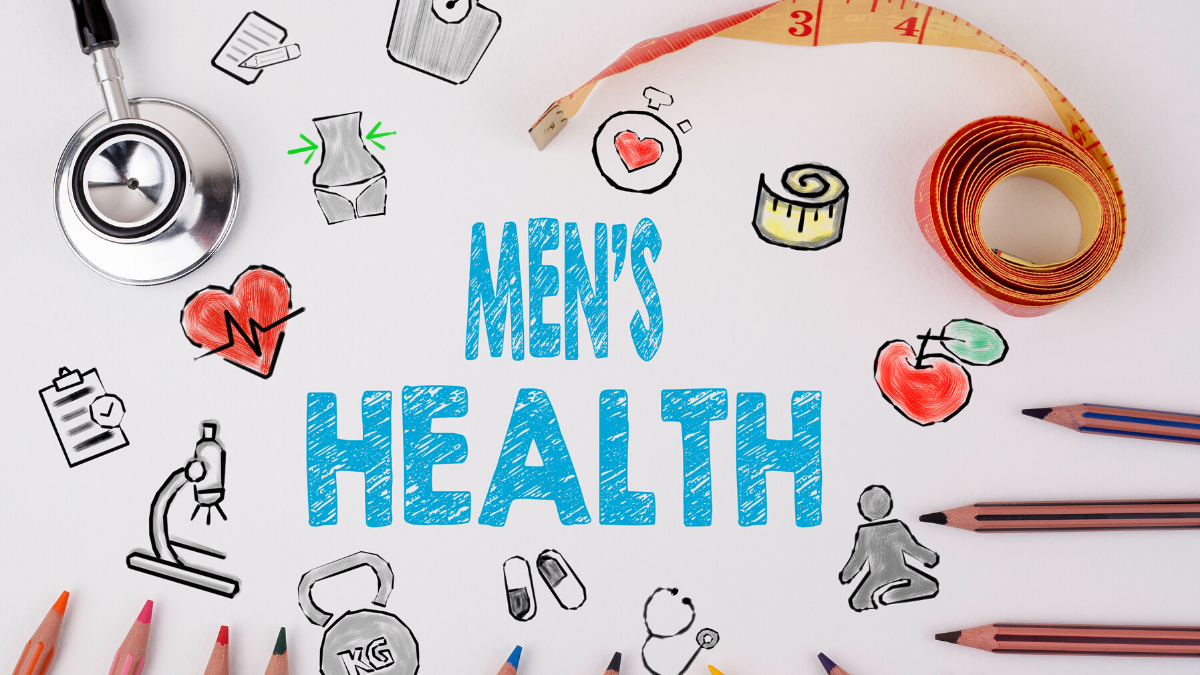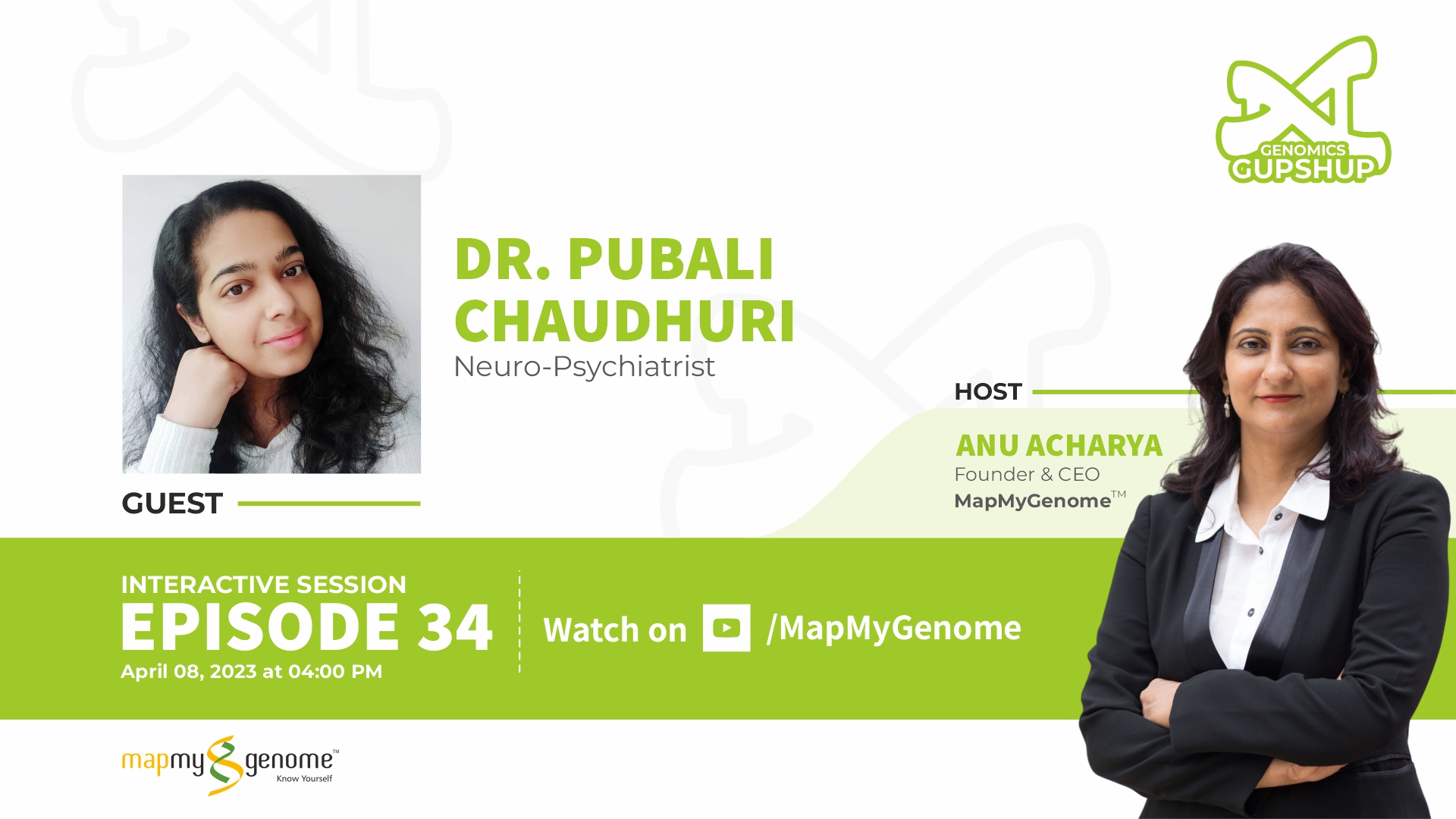
How many men have you come across who have talked about their own mental health?
“Mard ko dard nahi hota” is a popular Hindi phrase that means “men don’t feel pain”. It reflects the common misconception that men are supposed to be strong, stoic, and unemotional and that expressing their feelings is a sign of weakness.
Society tells men to bottle up their feelings, making them believe that showing vulnerability is a flaw. They grow up hearing phrases like ‘Boys don’t cry’ and ‘Man up’ that reinforce these false beliefs.
So these are some of the reasons why men’s mental health matters and needs to be talked about.
- The World Health Organisation (WHO) reports that men are twice as likely to die by suicide than women.
- According to a recent report by the Indian Health Ministry on National Suicide Prevention Strategy, men account for 71% of suicides in India.
- Nearly 70 percent of calls received on the Indian government’s mental rehabilitation helpline number KIRAN had been from men. (2021 report)
- A 2019 report published in the United State’s National Library of Medicine found that across the globe, among many races, ethnicities, and income brackets, men often avoid getting help for their psychological issues.
- Men also tend to engage in more substance abuse than women when they are facing mental health challenges.
- Some of the most common mental health issues affecting men are anxiety, depression, post-traumatic stress disorder (PTSD), schizophrenia, and bipolar disorder.
One of the biggest barriers to men’s mental health awareness is the stigma that surrounds it. Many men feel ashamed or embarrassed to admit that they have a mental health problem or to seek help for it. They may fear being judged, rejected, or ridiculed by others. They may also believe that they have to deal with their issues alone or that they are not worthy of help.
So, creating a space that encourages men to take care of their overall well-being and mental health is important.
Feelings and emotions are stereotypically considered to be 'feminine' things. This has largely kept men away from mental health conversations. However now the times are changing- men are opening up, becoming vulnerable, accepting change. Let's hope this initial momentum keeps gaining importance.
—--------Dr. Pubali Chaudhuri,
Psychiatrist

Mental health issues can affect men and women in different ways. This may be because they have different views on mental health.
Men with depression may show more anger, aggression, and irritability, or express their feelings in ways that are more “socially acceptable”. Women with depression may show more sadness instead.
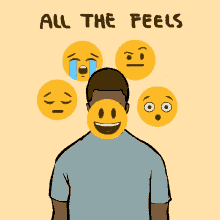
Men with depression may also have physical symptoms, such as a fast heartbeat, stomach problems, or headaches. They may be “more likely to go to the doctor for physical symptoms than emotional symptoms,” according to the National Institute of Mental Health, United States.
The institute also says that men who have depression may use alcohol and other substances to cope. But this can make their problems worse and cause other health issues
How Genomepatri can help you take charge of your mental health and well-being
Genetics may play a role in mental health, but it’s not the only factor. Mental health is usually caused by a mix of genetic and environmental factors. Research has found that some mental health disorders, such as bipolar disorder, schizophrenia, and depression, have a stronger genetic link than others.
If you are a man seeking to prioritize your mental health and overall well-being, consider taking Mapmygenome's Genomepatri.
Genomepatri is a comprehensive genetic test designed to analyze your DNA and provide valuable insights into your health risks, traits, and lifestyle factors
The Genomepatri report gives you a deeper understanding of your genetic predisposition to bipolar disorder, schizophrenia, addiction, and more. Additionally, this test can shed light on your personality traits, stress response mechanisms, coping skills, and even the impact of nutrition on your mental well-being. You can also learn about your overall health and wellness, such as your risk of chronic diseases, nutritional deficiencies, allergies, drug response, and more.
You can also consult with Mapmygenome’s certified genetic counselors who can guide you on personalized lifestyle interventions, such as diet, exercise, meditation, therapy, or medication.
You may not know that June is Men’s Mental Health Awareness Month. But that doesn’t matter, you don’t need a special day to start your health journey.
Take charge of your mental health now with Genomepatri.


